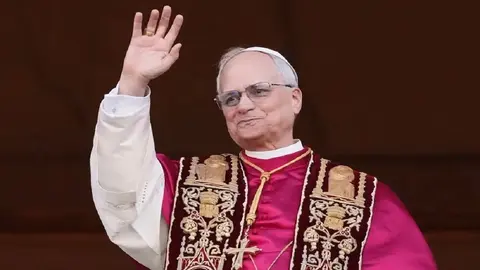The challenges facing the new Pope Leo XIV
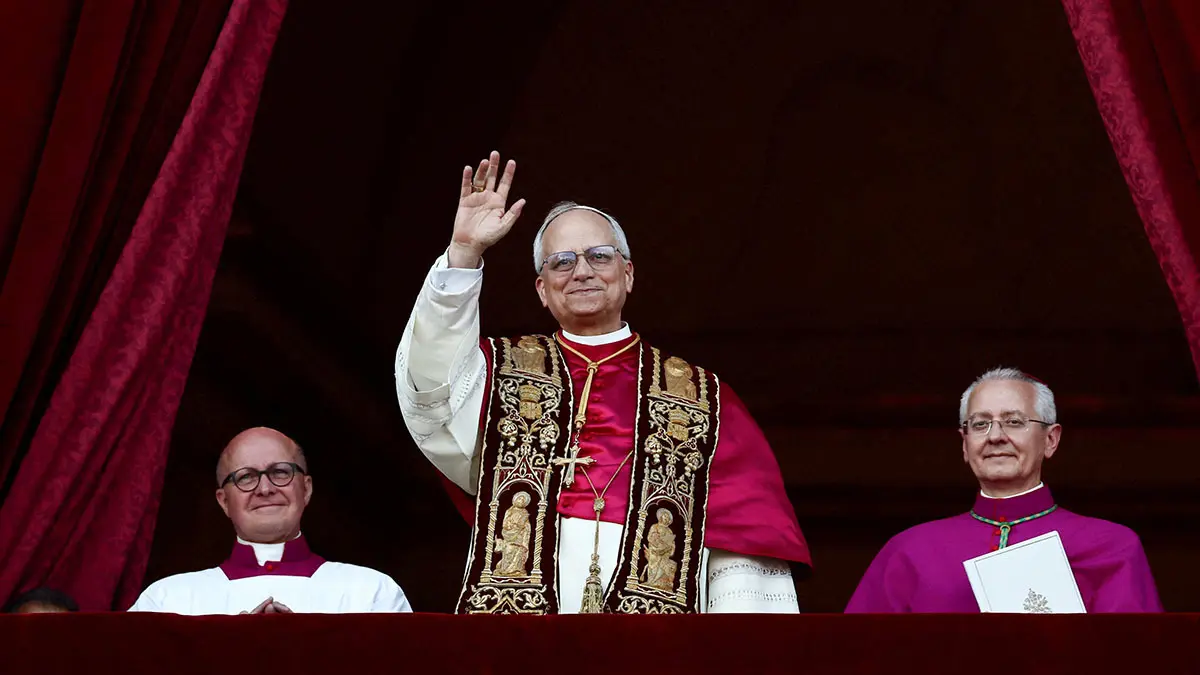
- Zero tolerance for sexual abuse
- Women in the Church
- LGBTQ+ inclusion
- The global South: the new epicentre of Catholicism
- Vatican finances
- A divided world
The newly elected Pope Leo XIV, formerly known as Cardinal Robert Francis Prevost, faces one of the most complex periods in the recent history of the Catholic Church. After only two days of conclave, the American cardinal of Spanish descent was named pontiff, becoming the first pope born in the United States.
At 69, Leo XIV inherits an institution with deep internal fractures, a reputation still tarnished by sexual abuse scandals, and an urgent mission to adapt to a changing global community.
His first appearance as Pope has already sent a signal: on Friday, he will celebrate his first Mass as pontiff after paying a surprise visit to the staff of his former residence, a gesture that suggests continuity with the approachable style of his predecessor, Francis.
But beyond symbolic gestures, the list of challenges awaiting him is long and significant. How Pope Leo XIV addresses these challenges will determine not only his legacy, but also the course of Catholicism in the 21st century.
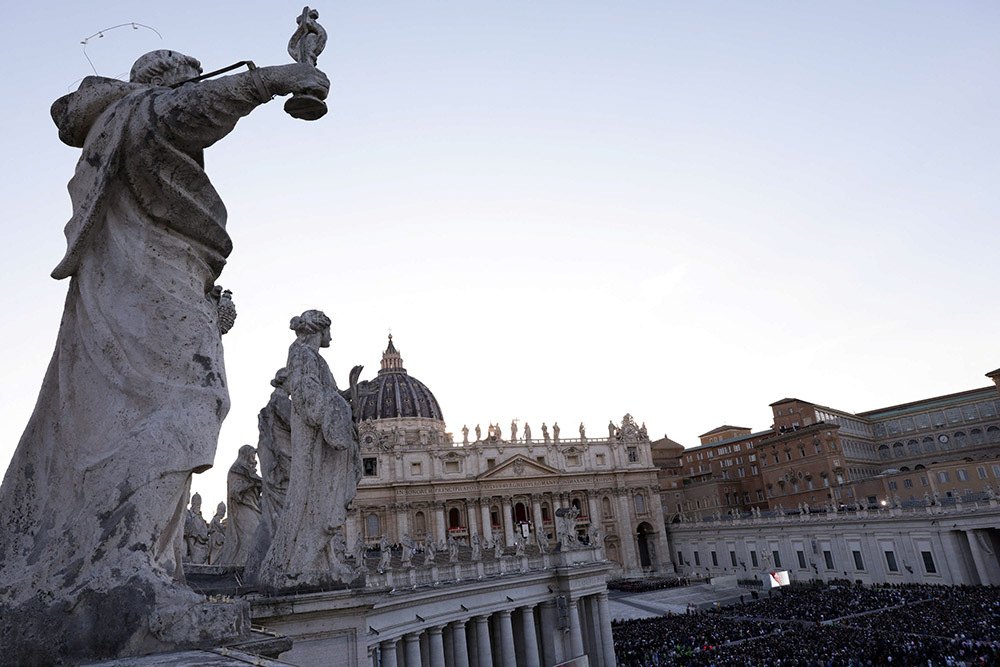
Zero tolerance for sexual abuse
Sexual abuse within the Church remains an open wound. Although Pope Francis went further than any of his predecessors, convening a global summit of bishops and establishing protocols for cooperation with civil courts, he did not make it mandatory for cases to be automatically referred to the authorities. Victims have welcomed and appreciated the progress, but agree that it was not enough.
Pope Francis will have to decide whether to strengthen the reforms, including greater transparency and mandatory cooperation with civil justice. This pressure will come not only from victims, but also from the faithful and international scrutiny.
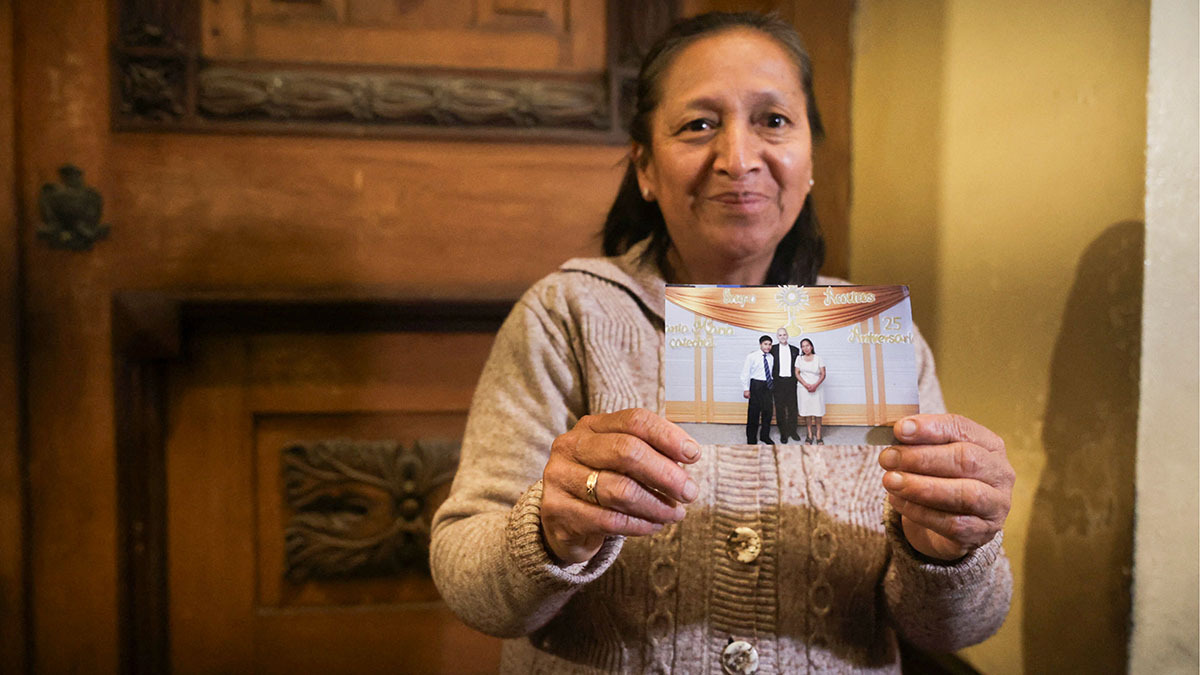
Women in the Church
During his pontificate, Francis allowed women to vote in a synodal meeting for the first time. However, he never changed the hierarchical structure to include them in ecclesiastical leadership roles or made any progress on the issue of their ordination.
The new Pope will have to take a clear stance on an issue that has caused nearly 10,000 nuns to leave religious life in the last decade, according to Vatican figures. Women, a pillar of the Church's pastoral and educational work, continue to feel treated as second-class citizens within the religious institution.
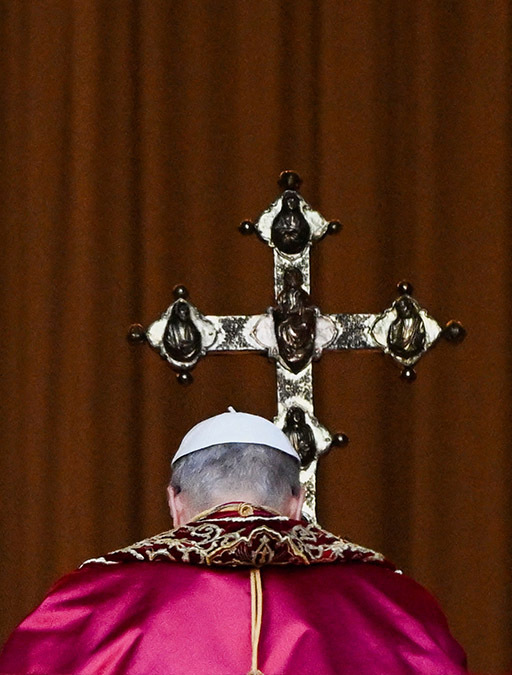
LGBTQ+ inclusion
‘Who am I to judge?’ was Francis' iconic phrase on homosexuality, marking the beginning of a more inclusive era. He allowed blessings for same-sex couples and approved the baptism of transgender people and their role as godparents, but without touching official doctrine.
These decisions, while historic, provoked strong opposition from conservative sectors, especially in Africa. Leo XIV will have to decide whether to continue on this path or take a step back, facing the difficult balance between advancing inclusion and avoiding internal rupture.
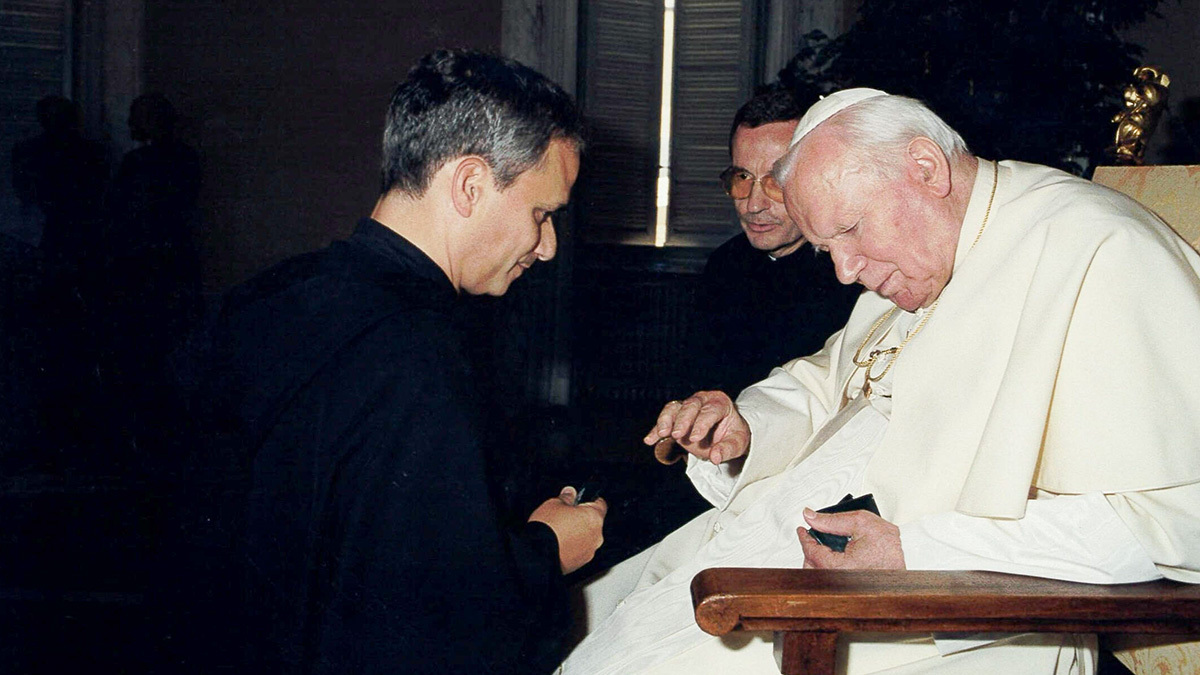
The global South: the new epicentre of Catholicism
The Church is losing strength in Europe but growing rapidly in Latin America, Asia and Africa. Francis sought to reflect this reality in the College of Cardinals and in his foreign policy.
Leo XIV embodies, in part, this globalisation: born in Chicago, but with a pastoral career spanning more than two decades in Peru and government experience in Rome. His multicultural profile places him in a privileged position to build bridges between the different sensibilities of the Catholic world.
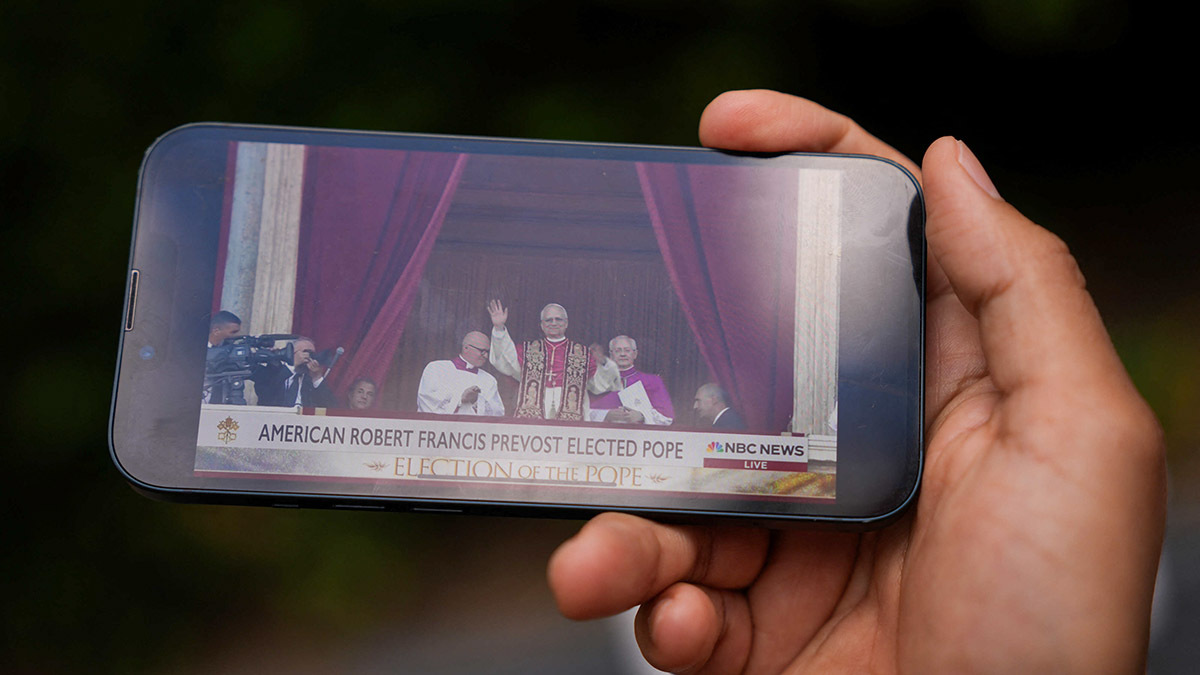
Vatican finances
The Vatican's economic situation is alarming. The budget deficit exceeds £73 million and the pension fund has accumulated a deficit of more than £2 billion. Francis initiated a profound reform of the IOR (the Vatican Bank) to end decades of financial scandals, but the task remains unfinished.
Leo XIV will have to show administrative firmness and transparency, and perhaps implement cuts or modernisation measures that will generate internal resistance. His centrist profile could help build consensus, but economic management will be one of his biggest battlegrounds.
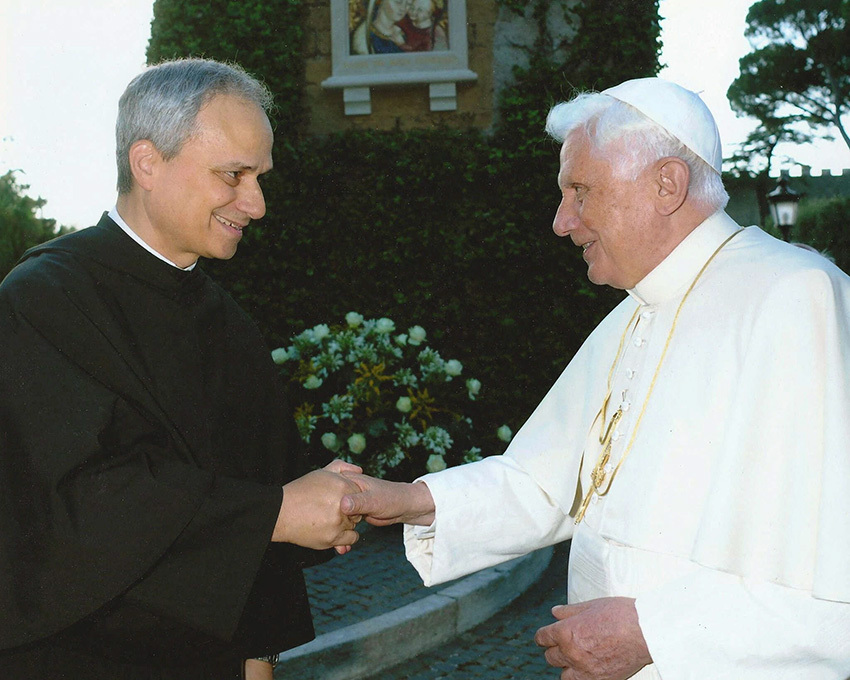
A divided world
Internationally, the Pope will also be a key figure in mediating global conflicts and maintaining the moral role of the Church. From the wars in Ukraine and the Middle East to the climate crisis, migration and human rights, the agenda is broad.

After two decades marked by the extremes of Benedict XVI and Francis, the Church needs stability. Prevost has been described as a moderate, a possible conciliator. His challenge is monumental: to balance tradition and modernity, maintain unity without slowing down reforms, and deal with an increasingly volatile world.


